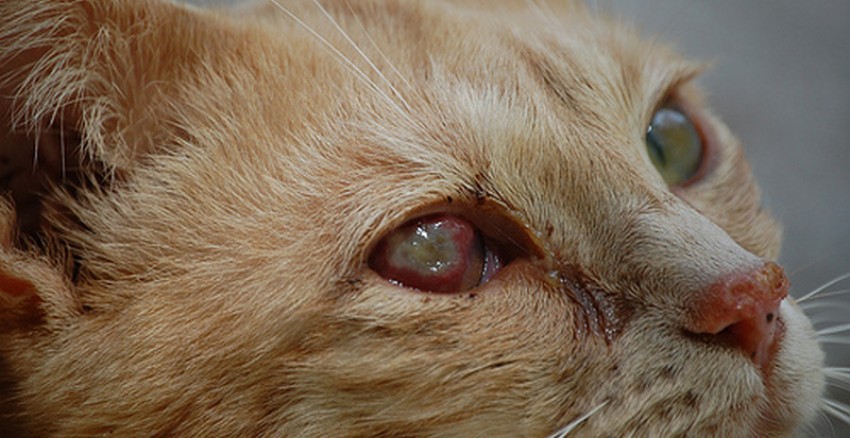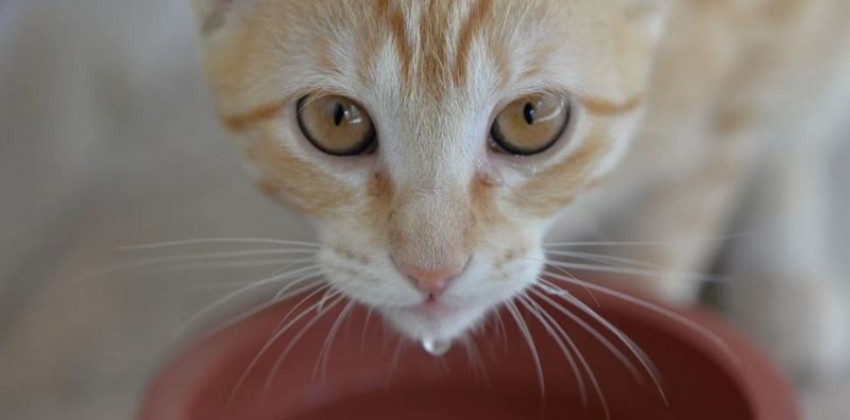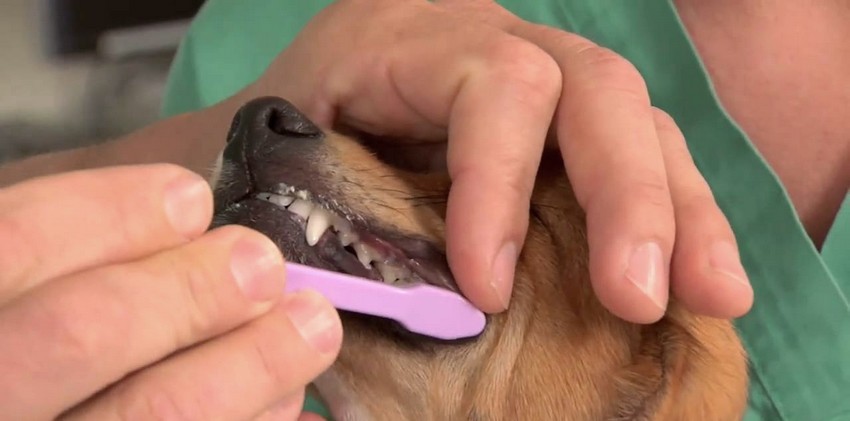Parvovirus enteritis in dogs: symptoms, treatment, vaccinations
 Do you love your dog and want her to be happy and healthy? Then you should take care of protection from a dangerous disease. Here you will find out why prevention from parvovirus infection is extremely important.
Do you love your dog and want her to be happy and healthy? Then you should take care of protection from a dangerous disease. Here you will find out why prevention from parvovirus infection is extremely important.
What is dog parvovirus infection?
Canine parvovirus is an infectious disease that affects mainly the small intestine. The disease is very contagious. It ends with grave consequences, often fatal.
How is parvovirus infection transmitted?
The disease is transmitted to other dogs through direct or indirect contact with infected feces. The virus is highly resistant in the environment and is able to survive for several months. Parvovirus can persist on various surfaces for a long time, such as food and water bowls, toys, floors, clothes and everything that has been in contact with the feces of an infected dog. The most common virus gets in places of congestion of dogs: kennels, shelters, places of walking animals. In any place where dogs can contact each other, infection is possible.
Who is at risk?
Parvovirus primarily affects unvaccinated dogs. Puppies are most vulnerable, as during infection they could not have time to vaccinate properly. A high incidence rate is found in puppies between the ages of six weeks and six months. Dogs of some breeds may be more prone to infection. For example, the American Staffordshire Terrier, Doberman Pinscher, German Shepherd, Labrador Retriever, Pit Bull and Rottweiler. Representatives of the canine family: coyotes, wolves, foxes, can also be infected and suffer parvovirus infection. Care should be taken if you live in places where your pet may come in contact with wildlife.
How is parvovirosis diagnosed in dogs?
On examination, the veterinarian may detect the clinical symptoms of a parvovirus infection.
A blood test can reveal a low white blood cell count, which is often indicative of infection.
Stool analysis can be used to detect viral antigen
What are the symptoms of parvoviroza dogs?
Infected dogs usually exhibit the following symptoms:
Severe vomiting
Diarrhea with blood caused by intestinal bleeding
Severe dehydration
Weight loss and appetite
Lethargy and weakness
Abdominal pain
Rapid pulse
Is it possible to prevent parvovirus infection?
Vaccination is the best option to protect the dog from parvoviroza. Early vaccination of puppies is recommended for protection during the most dangerous period. Puppies should be vaccinated against parvovirus enteritis at 6, 8, and 12 weeks. For dogs belonging to the above listed risk groups, additional vaccination may be required at 16 weeks.
For early vaccination of puppies use vaccines Eurikan Primo or Nobivak Puppy DP
In adult dogs, it is important to maintain immunity at the proper level. For dogs that are medically prohibited from vaccination, it is recommended to check the antibody titer against parvovirus enteritis.
After vaccination, avoid contacting your pet with other dogs until 2 weeks have passed since the day of revaccination (administration of the second vaccine). Never bring unvaccinated pets to general walking places, hotels for animals and other places where infected dogs may be located.
Is it possible to cure a parvovirus dog?
Dogs with parvoviroz are prescribed treatment associated with the symptoms of the disease. Since there is no cure for parvovirus itself, symptomatic therapy is prescribed. Your veterinarian may order a dog to treat vomiting, diarrhea and dehydration. Often requires intensive care in a veterinary clinic, where they can constantly monitor the condition of your pet. Maintenance therapy may include intravenous fluids, and, in some cases, blood transfusions to combat anemia.
What is the prognosis for recovery?
If treatment is started without delay, adult dogs with a fully developed immune system are more likely to recover. However, adult dogs also have problems with immunity and must also be vaccinated regularly. For puppies, the threat is much more serious. Infection often leads to death.
Parvovirus infection is a serious threat to the health and life of your dog. By regularly vaccinating, you can protect your pet from being infected with a potentially fatal disease.



